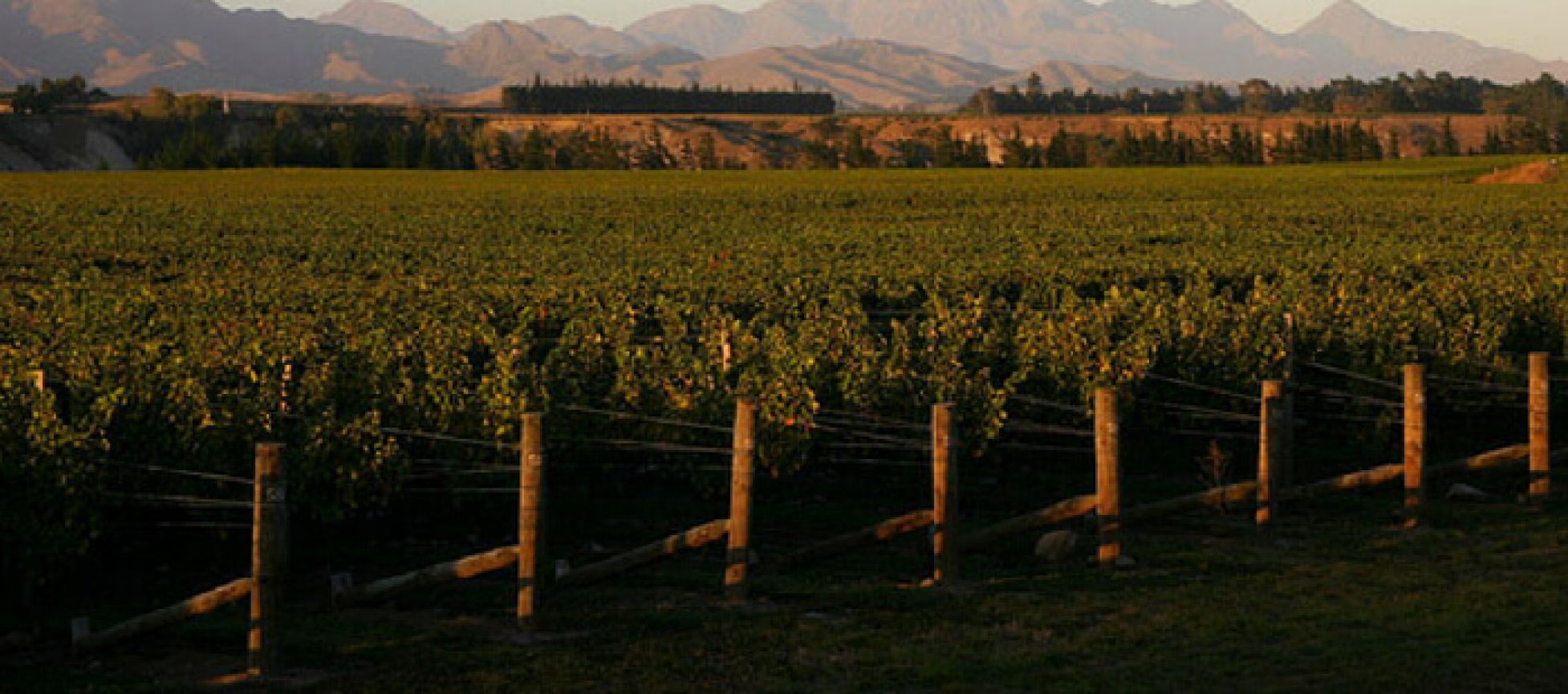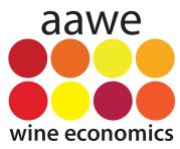Blog
Insights
Inception of the American Viticulture and the French Winemakers

While one cannot speak of sustained French immigration to the American colonies, some notable examples can be cited. The Labadists were mystics who lived communally on their 4,000 acre Maryland farm.
There were the French settlers of Gallipolis in Ohio who, it appears, produced a wine so poor in quality it was named méchant Suresne after a wine known for its sourness produced near Paris. The arrival of French Huguenots in South Carolina is of particular interest because, for the first time, a large group of settlers reached the New World with the primary aim of growing grapes.
They had left France for England to escape religious persecution and in 1763 petitioned the British Government to provide them with land in South Carolina so that they could “apply themselves to the cultivation of vines and of silk.” The request was approved. Setting sail a year later, the Huguenots reached South Carolina founding the township of New Bordeaux in the southern part of the colony. They were joined four years later by another group of co-religionists lead by the forceful Louis de Mesville de Saint Pierre. But now came a setback. The colony’s governing body refused to provide the settlers with the funds needed to purchase vine cuttings. Saint Pierre thereupon decided to return to England and appeal for financial aide to Lord Hillsborough secretary for the American Colonies but to no avail.
Rumors had it that Hillsborough had received a 250,000 British pounds bribe from French wine 2 merchants dismayed at the prospect of losing the lucrative American and British markets. Budgetary constraints are a more likely explanation. A costly war with France had just ended forcing the British Government to reduce expenditures. It was about that time that Parliament, seeking new sources of revenue, passed the Stamp Tax and Revenue Act which set the stage for the American Revolution. Samples of New Bordeaux wine were submitted to the Royal Society earning for Saint Pierre a gold medal but nothing more.
Other personal appeals proving to be equally fruitless–one was even addressed to King George III– Saint Pierre decided to take his message to the public publishing a tract bearing the lengthy title, The Great Utility in Establishing the Culture of Vines and the Absolute necessity of Supporting the Infant Colony of French Protestants Settled in New Bordeaux South Carolina, who have brought the Culture of Vine and the Art of Raising Silk to Perfection.
When nothing came of this, Saint Pierre had no recourse but to sail back to South Carolina stopping off in Madeira, however, to purchase vine cuttings. (Had financial support been provided by wealthy Huguenots?) A final setback awaited his return for the cuttings died soon after being planted, victims of the root-boring lice, phylloxera. The New Bordeaux community eventually scattered, Saint Pierre being its last resident. He would die in the first year of the American Revolution, the victim of an Indian attack.
Although Saint Pierre was unable to create a productive vineyard, his efforts were not lost on future winemakers, especially those from Bordeaux who knew of the fledgling community across the ocean that bore the crescent city’s name, and of the valiant grape grower who had ventured there. Some followed his example and many more seriously 3 considered doing so, for after Saint Pierre, sailing to the New World to grow grapes had become a realistic prospect appealing to adventurous souls willing to brave the unknown.
Article Source -
 American Association of Wine Economists, AAWE Working Paper, No. 207, History & Politics Author - Sal Westrich, Pratt Institute, New York.
American Association of Wine Economists, AAWE Working Paper, No. 207, History & Politics Author - Sal Westrich, Pratt Institute, New York.
Learn from some of the most influential professionals in the beverage industry at the IBWSS conference. These presentations from industry leaders on today's principal ideas on marketing, sales and distribution will challenge and inspire you to grow your private label, bulk wine, and bulk spirits business.
2024 Exhibitor registration is now open. Get in early at the lowest price and select your table first. See exhibitor pricing.

